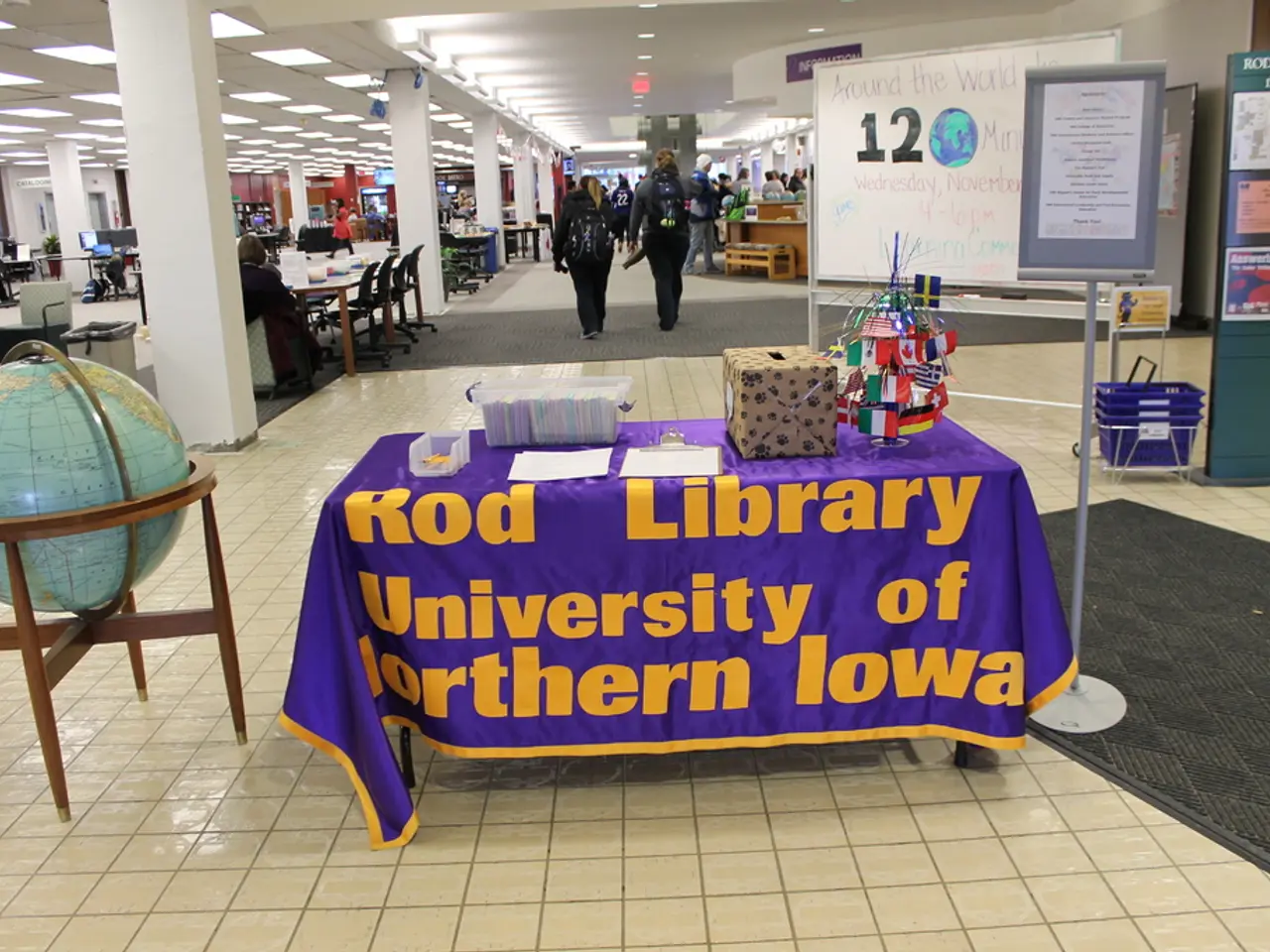Complaints Filed Over Challenging Obstacles Encountered in Accessing Basic Bank Accounts by Consumers
Title: The Injustice of Banking: Overindebted and Homeless Berliners Denied Basic Bank Accounts
Hey there, let's talk about a shady side of Berlin's financial landscape.
Important note: While banks are obligated to provide basic bank accounts to this vulnerable group, they often dish out denials more than dough. That's what a survey by the Federation of German Consumer Organizations (VZBV) reveals, as Spiegel reports.
So, why does this injustice occur? Let me break it down.
First, banks evaluate their customers, screening financial stability and creditworthiness before offering accounts. In the case of overindebted individuals and homeless people, their inconsistent income and scarred credit histories raise red flags for banks.
Second, the regulatory whirlwind isn't much help. Anti-money laundering (AML) and know-your-customer (KYC) laws force banks to verify identities and monitor transactions. Living on the streets or using uncertain income streams can make it tough for homeless people to comply with these regulations.
Third, fears of financial exploitation, fraud, or misuse are prevalent. Banks may be reluctant to deal with these groups, as their management of funds might be rocky.
Lastly, banks aim to cut costs and minimize losses. Serving accounts with limited transaction activity or a high risk of default can prove economically unappealing.
With risk assessments, regulatory hurdles, and fiscal concerns clouding the picture, it's no wonder these marginalized groups face barriers to banking access in Berlin.
It's a raw deal when individuals who need these services the most are met with rejection. Time for change, don't you think?
The shady side of Berlin's financial landscape includes businesses such as banks, which are obligated to provide basic bank accounts to overindebted and homeless individuals but often deny them instead. Due to evaluations based on financial stability and creditworthiness, these marginalized groups with inconsistent income and scarred credit histories face difficulties in complying with regulatory requirements and avoiding the banks' fears of financial exploitation or misuse.






